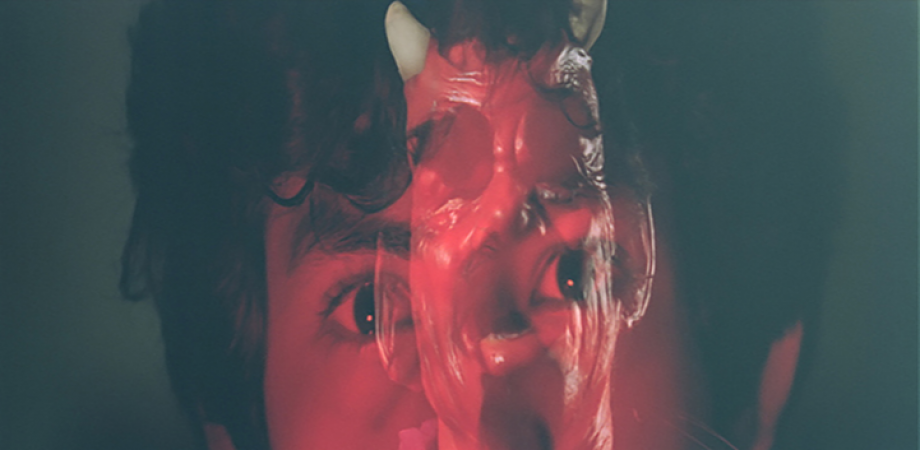Directed by Sisworo Gautama Putra, Pengabdi Setan is an Indonesian horror film whose remake, helmed by Joko Anwar, was recently released to much acclaim and is in turn itself, a loose remake of self-made horror auteur Don Coscarelli’s Phantasm (1979). In a way, the film is the perfect harbinger for the zombification of modern cinema, with her endless nested Russian dolls of sequels, remakes and prequels embedded into one. The film follows the mourning of a family after the death of their matriarch, Mawarti. The film takes special care to tell us that this is a family that has strayed from its religious roots. The father, Munarto, is too caught up with work and chasing material wealth. The daughter, Rita, is lost in a trance of parties and hedonism. The son, Tomi, has a developing interest in spirituality but lacks guidance. This leaves only Karto, their devout but almost preternaturally sickly servant. With the appearance of a sinister new housekeeper, Darminah, things quickly go bump in the night as the family begins to see visions of the departed Mawarti.
Lumbering despite its relatively lean 90-minute run time, the film lugubriously shuffles towards its tired conclusion, culminating in a domestic zombie apocalypse that is undone by a convenient deus ex machina, where the family is rescued by a religious leader right in the nick of time as they collectively pray the dead away.
The film makes no bones about its seeming religious inclinations, electing for the view that spiritual devotion will deliver us from shadows that jump at night. Moral sermonizing aside, what Pengabdi Setan (and indeed many horror films) suggests about death is more curious. Here death is not the endpoint in which things conclude, here death is not a liminal point of departure where the baton is passed from the physical to the spiritual, but here death is stasis, death is a continuous and current state of affairs that will replay endlessly until the sins of the living are purged and the toll for the after-life ransomed. Pengabdi Setan perhaps then is suggesting that death may indeed set us free, but not until it is finished with us.
Written by Zhi Hao


